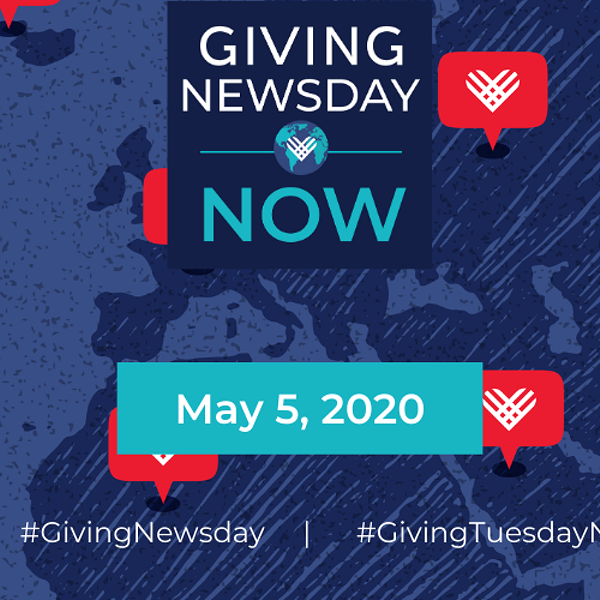BKM: Can you explain the concept of externality?
RM: Externality refers to economics - pollution is the classic externality. A company manufactures a product and pollutes the air. The person consumes the product and buys it as a purchaser of the product. Well, the cost of polluting the air isn't factored into the cost of the car, so neither the producer nor the consumer bears the cost of the pollution. It just goes up into the air and society has to pay for that cost. But it's irrelevant to the people, the producer and consumer of that product, because they don't have to factor the cost of air pollution into their transactions. It's external to the market relationship therefore it's called an "externality".
Society deals with externality by installing tax policies that require the manufacturer and the consumer to bear that cost. They have to pay so that you can pay for the clean-up of the air, or else society as a whole has to come up with policies to deal with that cost. The market itself can't solve it. That is why it's called an externality. It has to be a public policy decision.
In media we have massive externalities too. Two are central. One is journalism. Under purely commercial auspices, journalism is driven by what makes the most money. And that tends to be a product which too often is lousy journalism. That's what we have in this society today - commercially run journalism. And there's a huge external cost. There might be a lot of people in our society who don't consume the news media, but they still pay a price for lousy news because we have an uninformed public that doesn't know what the hell is going on. We end up in wars, we end up polluting and destroying the environment. We pay a huge social price for having lousy journalism. But it's purely external to the way these big companies work, because they make so much money. They're not going to change. People in the market for news are apparently satisfied with what they're getting, so the market's working just fine.
But as a free society, we can't afford to have bankrupt journalism. It is killing us. We have to have viable journalism. We have to come up with a mechanism to generate local journalism, for example. Generate content about candidates running for office - hard-hitting analysis of governments that are trying to take us into war so we know what the truth is. The market won't necessarily give us that.
The second crucial externality is hyper-commercialism. It manifests itself most significantly with regard to children, but really applies to all of us. Consider what we're doing to children in our society. Commercializing childhood is the dominant growth industry of our commercial corporate media system. Each of the four largest media companies has a twenty-four-hour, seven-day-a-week cable channel, bombarding kids with advertising. A cable kids' channel.
Ad agencies now have broken down the child market to one-year-olds, two-and-a-half-year-olds, two-and-a-half- to-four-year-olds, four-to-five-and-a-half-year-olds, boys and girls. They're doing sophisticated research because companies increasingly understand that they've got to get into kids' brains as early as possible. The first one in there to brand their product is going to be the one that's going to win the war for market share down the road. We've got a situation now where the average American kid going into kindergarten knows 200 corporate logos, jingles, or brand names. Two hundred! That's a pretty impressive education we're giving our kids before they get into kindergarten.
This is the classic externality. The companies that are doing this - Nickelodeon, owned by Viacom, the Disney Channel, Cartoon Network run by Time Warner - are raking in money. They're making hand-over-fist profits on children. The children who are consuming the shows are enjoying the shows, and the very sophisticated advertising aimed at them. The advertisers are happy but there's a massive externality for our society: What are we doing to this generation of children? And all the evidence we see from social scientists, scientists, psychologists, teachers, and pediatricians is that this massive influx of commercialism - this commercial bombarding of children, it's going to have terrible effects on children on a whole range of issues - psychological, developmental, public health. But those are all externalities. The people in this business can't think about it. The kids watching the show and the ads at age four aren't thinking about that either, so it's something that has to be taken care of by society, outside the marketplace. Those factors alone highlight the reason why we need a very strong, viable, nonprofit and non-commercial media. We need to have a truly great media system.
















